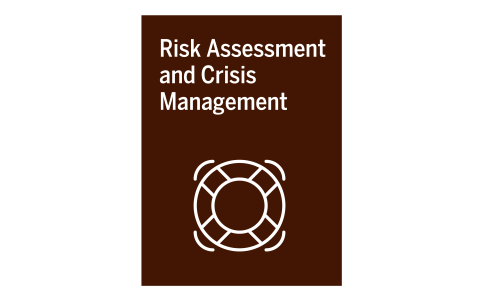Natural disasters, medical emergencies, mental health issues, trauma—even the most organized international student and scholar office can be shaken and thrown into chaos by an unexpected crisis. While providing assistance in these situations, ISSS advisers are aware of the potential for cross-cultural misunderstanding and miscommunication, but do not always have the skills or tools to overcome these challenges. This webinar demonstrates the importance of creating an ISSS crisis management plan and provides ISSS advisers with proven techniques to navigate cultural differences and improve communication with students and scholars to ensure that they get the assistance they need.
Join Ellen Dussourd and Elizabeth Barnum as they use case-based scenarios to take you through the process of how to discuss situations where you need to ask sensitive questions. They provide guidance on creating action plans, identifying valuable resources, providing emotional and practical support to students and others, gathering necessary cross-cultural information, and coordinating with partners both on and off your campus.
Learning Outcomes
- Understand the role of a well-developed crisis plan in helping you to effectively handle the cross-cultural dimensions of a crisis
- Identify personal attributes that will serve you well in managing a crisis with cross-cultural overtones
- Improve techniques for obtaining helpful cross-cultural information and identifying supportive campus and community resources during a crisis
- Provide practical and emotional support to international students and scholars throughout the crisis
Presenters
 Elizabeth Barnum, EdD
Elizabeth Barnum, EdD
University of North Carolina-Chapel Hill
Elizabeth Barnum is director of international student and scholar services at the University of North Carolina-Chapel Hill, the principal administrative, advising, and programming office for approximately 2,000 international students and 1,300 international faculty, research scholars, and postdoctoral fellows at UNC-CH. She has worked in international education since 1985. Barnum lived in the Caribbean region for seven years working as a Peace Corps volunteer, conducting field research, teaching, and working. She received a Fulbright U.S. Student Fellowship for her dissertation research in Barbados and also was selected for a Fulbright International Educators Seminar in Germany.
 Ellen A. Dussourd
Ellen A. Dussourd
State University of New York at Buffalo
Ellen Dussourd is assistant vice provost and director of international student and scholar services at the State University of New York at Buffalo. Responsible for more than 6,000 students, her office ensures the university’s SEVIS compliance and provides immigration services, initial and ongoing orientation programs, cultural programming, and integration activities. Dussourd served as a Peace Corps volunteer in Cameroon, participated in the American Field Service’s U.S.-U.S.S.R. teachers’ exchange program, and taught English in Japan. Her last overseas assignment was a Fulbright lectureship in the Islamic Republic of Mauritania. Prior to moving to Buffalo, she was program director of Interlink Language Centers' intensive English program at Indiana State University.
Ready to Start Learning?
When you register, you will have 60 days to experience your content when it's convenient for you! Look for your access link in your registration receipt, on your MyNAFSA page, or by going directly to the learning portal.
Build Your Competencies
NAFSA International Education Professional Competencies 2.0 outline the abilities, skills, and foundational knowledge necessary for successful international educators. Learn more about NAFSA Competencies 2.0.
This learning content targets the competency category of Risk Assessment and Crisis Management.

